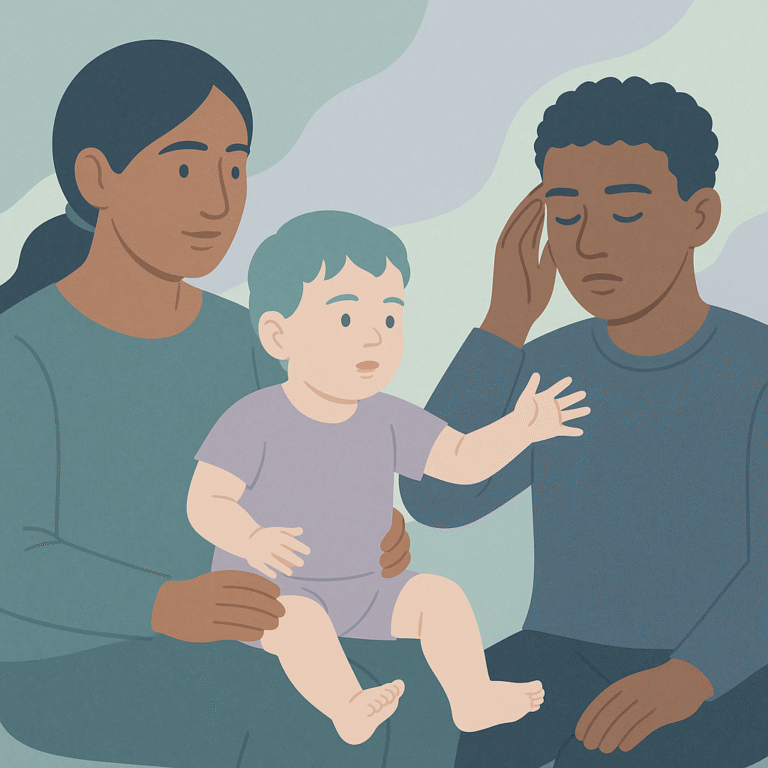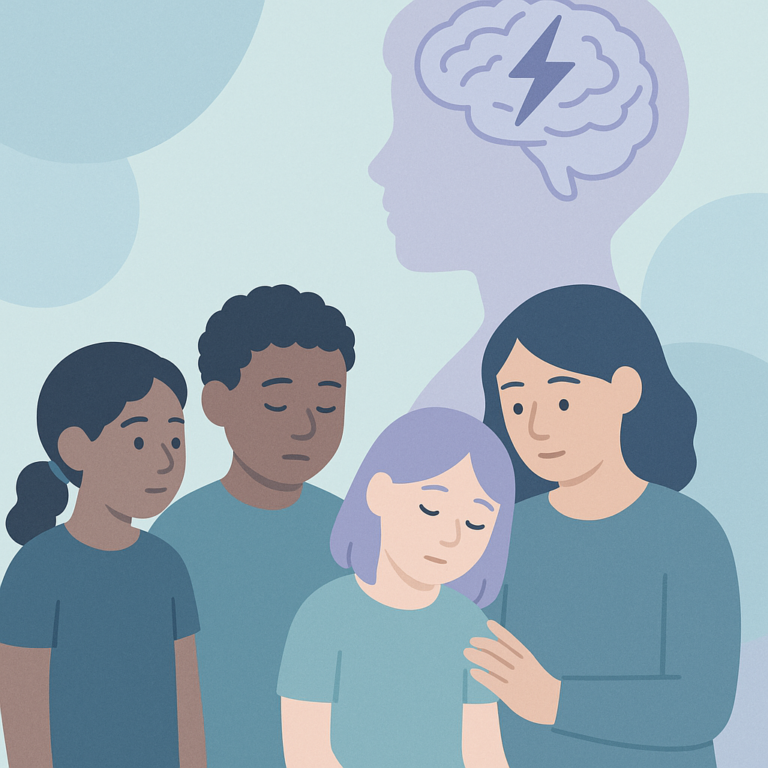Cenobamate Reduces Focal Seizures in Asian Patients
Source: Epilepsia
Summary
A study was conducted in China, Japan, and South Korea to evaluate the effectiveness and safety of a medication called cenobamate for adults aged 18 to 70 who have uncontrolled focal seizures. These patients had been experiencing at least eight seizures over eight weeks, despite taking one to three other seizure medications. The study involved 519 participants who were randomly assigned to receive either cenobamate at different doses (100, 200, or 400 mg per day) or a placebo (a non-active treatment) for a total of 24 weeks.
The results showed that cenobamate significantly reduced the frequency of seizures compared to the placebo. Patients taking cenobamate experienced a median reduction in seizures of 42.6% to 100%, depending on the dose, while those on placebo had a reduction of only 25.9%. Additionally, more patients on cenobamate became seizure-free: 52.4% of those taking the highest dose had no seizures during the maintenance phase, compared to just 2.6% in the placebo group. Some patients reported side effects like dizziness and sleepiness, especially at higher doses.
This study is important because it suggests that cenobamate can be an effective option for people with focal seizures who do not respond well to other treatments. However, it is essential to note that the study focused only on Asian patients, so more research is needed to see if these results apply to other populations. Additionally, while cenobamate showed promise, the side effects reported should be monitored closely by healthcare providers.
Free: Seizure First Aid Quick Guide (PDF)
Plus one plain-language weekly digest of new epilepsy research.
Unsubscribe anytime. No medical advice.





